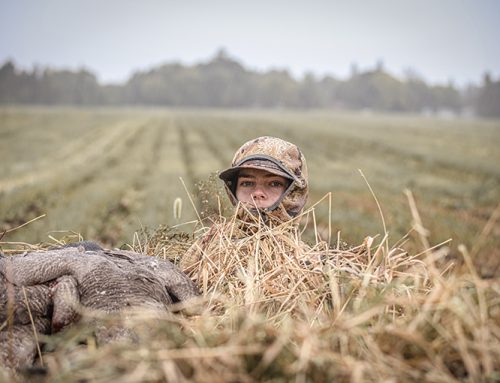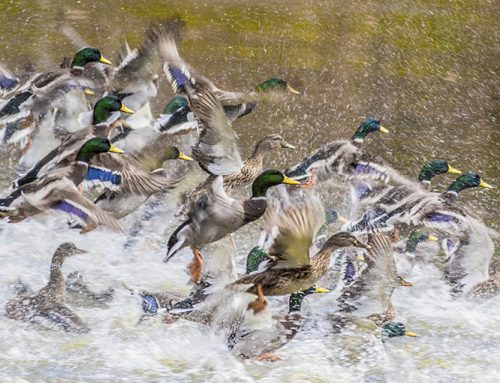
If thoughts of duck season have been rumbling around in your mind since mid-March, you’re likely not alone. But teal dancing through your dreams are not going to prepare your boat or your gear for action.
There’s enough to think about on opening day (during any hunt, really), without worrying that your gear isn’t up to snuff. Here’s a checklist that to help you get all your ducks in a row — literally.
Decoys
Getting the decoys ready for action always helps ease my waterfowl cravings. When you lug them out of storage, be sure to untangle cords, check your knots, and re-tie anything that needs a new weight or cord.
Read more
Next, check for leakers and sinkers. As nice as it is to have a decoy or two in your spread that imitates a feeder, it’s better when the butt is in the sky because it’s supposed to be and not because the holes in the head are filling with water.
Leakers are an easy fix with most decoys on the market today. Simply drill a small hole in the bottom of the beak and squeeze the water out. Seal the hole with hot glue. Pellet holes can be sealed this way as well.
Some folks like to use foam to fill their holes and then cover up the colour with a dab of paint. Either fix will do the trick.
Once you’ve plugged the holes, it’s time to give those birds a bath. Scrape off last season’s mud and any crusty vegetation.
I wash my decoys using water and a soft-bristled brush. Avoid using soap or other household cleaners as they may work against the paint and leave a coating of UV that is noticeable to waterfowl.
Do touch ups using paint that reflects UV rays, and preferably, one made specifically for decoys.
Boat
Don’t just check the oil and add some new mix. Dunk your boat in the water a few weeks before the season opens and go for a short run.
Identifying any issues will save you from a nightmare voyage on opening day. Do this early on the off-chance your boat or motor need some repairs.
Duck calls
Calls often don’t get the care they need. At a minimum, your calls should be cleaned before you head out for a hunt.
Get gunk out of the barrel and port of your calls using some water and a cotton swab.
Run a crisp $5 or $10 bill between the base of the reed and the sounding board to extract any debris. Use legal tender and not paper, as the material Canadian currency is made with won’t rip.
Keeping all the parts of the call clean is important, this will avoid problems with the reed sticking or sounding funky in the marsh.
Ducks calls also require the reeds and corks to be replaced periodically for them to maintain their true sound. You may not realize your call is getting ‘flat’ because it’s a gradual change in the sound.
I typically go through two to three reeds a year per call, and as many as half a dozen corks, but I’m using the calls almost every day.
For calls that use cork, replace the cork yearly at the very least. Reed and cork kits are available online and are inexpensive to replace.
Ground blinds
Hopefully you get your ground blind out in the early season for geese. Still, it’s a good idea to take it out and clean it before the season gets underway. Unwanted visitors such as mice and mold aren’t uncommon considering how a lot of blinds get stored.
If you’ve bought a new blind in the off-season you’ll need to mud it out before it sees action.
Mix some mud and water together and cover the blind with a few coats. Lather it on with a mop or big brush and really work the mud into the fabric. Let it dry for a day or two before washing it off.
It really goes against the grain, as most people like to keep their new ‘toys’ shinny and nice, but this is a necessary step. Keen-eyed birds will often be able to see a reflection from the sheen of the new material and this process helps to eliminate any possible glare.
Gun
It’s amazing how much gunk and dirt can find its way into your shotgun.
Clean it and test it. Repeat if necessary. Use crud cutter made for firearms to clean and degrease the moving parts, while cleaning the barrel with bore solvent.
Once your gear check list is complete you can relax, knowing you’ll be ready and waiting when those first birds pitch in at dawn. Whether or not your shooting skills are up to speed is a whole different story.
Follow Scott McGuigan on Twitter @DuckDuckBoom






Leave A Comment